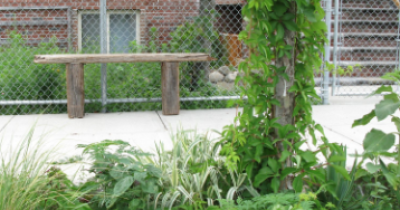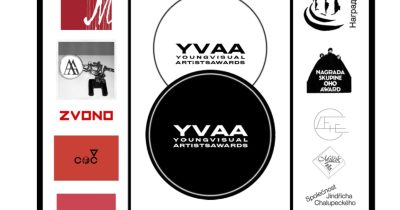The RU alum Gabriella Ciancimino introduces her solo show In Liberty We Trust presented by the Academy of Fine Arts of Palermo and curated by Daniela Bigi and Gianna di Piazza at Palazzo Ziino, Palermo.
Opening: June 13st. h 6 p.m.
Endemic landscapes for a political, anthropological and ecological reflection.
LIBERTY-STYLE ICONOGRAPHIES AND MOTIFS INTERTWINE WITH BOTANICAL DRAWINGS,
ARCHIVAL DOCUMENTS, NEWSPAPERS FROM THE PAST, PROPOSING A COMPLEX LANDSCAPE
WITH HIGH SYMBOLIC POTENTIAL.
The exhibition’s point of departure is a reflection that the artist has been carrying
forward for some time, combining political thinking and botanical research. At its
heart is the symbolic value attributed to endemic plants, which migrate and resist,
adapting to different climates and situations.
The inspiration for the entire visual discourse is the figure of Ernesto Basile, who
drew the original drapes of Palazzo Ziino when at the end of the nineteenth
century the family began to build it. Ciancimino’s encounter with the work of the
great architect took place many years ago. She was first interested in the vegetal
motifs that innervated the architectures of the famous master of the Sicilian
Liberty style and populated their decorative apparatus, then in the botanical
iconographies present in his archive, including those of significant endemic plants
(such as Dipsacus Sylvestris, from North Africa and present in arid areas, known
for its resistance system based on the collection of rain water in its leaves). Finally,
the observation shifted to his same graphic ductus, with a dual physiognomy, the
fluid but controlled one of the architectural projects and the free one, gestural and
broken, of the less known sketches.
This same dialectics can be found in the drawings that populate the walls of the
exhibition rooms.
At the same time, the artist studied the plant species that took root on the coasts
of Sicily, and her attention focused on those plants that have developed various
forms of adaptation, which allows them to live, not only to survive, in saline and
arid environments (Aster Tripolium, Lotus commutatus and Calystegia soldanella,
and then the famous sea lily, Pancratium Maritimum). Ciancimino associates these
plants, a symbol of resistance, with some slogans that become political metaphors.
Her aim is to reinterpret the dynamics of mobility, adaptation and coexistence
between different cultures and cultivars, putting emphasis both on plant species
with high biological resistance and on some political movements of a libertarian
nature.
This can be easily seen in one of the wall drawings on show, in which the
botanical iconographies are intertwined with Italian, French and American
anarchist periodicals found in archives and libraries around the world.
In this exhibition, the great botanical family of resistant plants intertwines
with another garden, also with high symbolic potential, the legendary carpet of
65x25m commissioned by the Persian king Khosrow II, known as Spring Garden:
“a wonderful carpet, embroidered with emeralds, that the king had stretched out
in the hall of his royal palace to remember the joys of spring when the snow and
the boredom of winter besieged him.”
Of this carpet, which told the allegory of Good and Bad Government, there is no
visual documentation but only the story, considered as a fundamental piece in
reconstructing the history of the Mediterranean garden, made of transmission of
knowledge and visions from one people to another.
From room to room, the viewers find themselves immersed in a great landscape
in which endemic plants, political slogans, iconographies of good governance,
decorative patterns of rough materials interweave and investigate different
temporalities and geographies, expressing the desire to abandon themselves
within a dense jungle wherein they return to experience a primal emotion.




